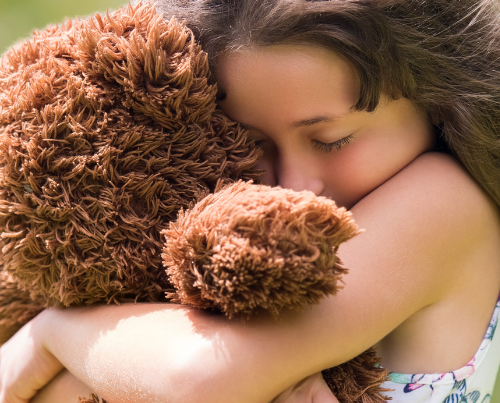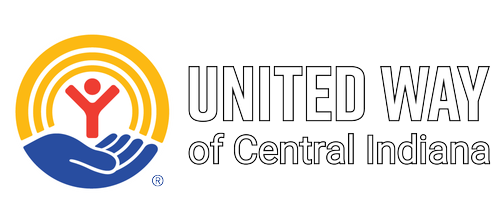If we asked you who in the Hendricks County community is best equipped to serve victims of domestic violence, we’re pretty sure your answer would be Sheltering Wings women’s shelter.
While we appreciate your vote of confidence, the simple fact is that we can’t provide what victims need on our own. Sure, we’re ready to respond to crisis calls and give women and children a safe place to stay, but adequately serving the needs of those women and children demands resources beyond our walls.
People who have been in abusive situations need comprehensive support that only begins with safety. Our Life Skills program is the conduit for much of that support, as it assesses their individual needs and provides access to resources for mental health, job skills, education, transportation, medical needs, parenting, and legal matters, with the ultimate goal of delivering the knowledge and support they need to live safely and independently when they’re ready to leave Sheltering Wings.
The most successful responses to domestic abuse are community-wide. A coordinated community response brings many sectors of the community together for a collaborative approach. That response involves law enforcement agencies, healthcare providers, the judicial system, schools and other educational organizations, churches, and other resources. It’s not enough to simply identify those resources. They need to work cooperatively and proactively to ensure that all involved understand the roles each participant plays and the steps to take when any of them become aware of situations involving domestic violence. That way, everyone is ready to respond correctly and immediately to protect victims and address all of their needs.
Successful community programs also involve an education component. In addition to ensuring that the participants know the realities of domestic violence and the right steps to take, that information must be shared with employers, churches, and others in the community so they know how to react when they encounter an individual who needs help. They must not only agree that there’s zero tolerance for domestic abuse and abusive relationships; they have to commit to taking action to protect victims and report incidents.
There’s one more piece of that community that’s critical: you. While you may wonder how one person can have a meaningful impact, you have the power to educate others around you about domestic violence’s impact. You can respond to friends and others who make uninformed statements about violence or brush it off as somebody else’s business. You can encourage your employer, your church, and local organizations to host educational presentations and develop plans to protect victims and guide them to the services they need.
And if you know someone in an abusive situation or of an abusive relationship, you can help them obtain help. This applies to teen dating violence as well. Not sure what to do? Our Help Line is available 24 hours a day, 7 days a week at 317-745-1496. Working together as a community, we can truly transform lives.






